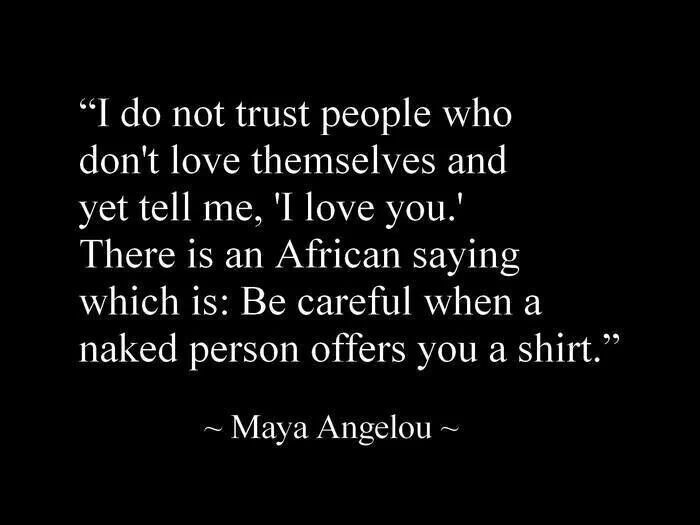At some point, most of us have a hard time letting someone have their feelings. When someone is mad at us or sad about something we’ve done or said, we feel uncomfortable. We get defensive (“That’s not what I meant!”), aggressive (“Ugh, you always do this! Whatever. You don’t need to get upset about it.”), or we try to clean it up by backtracking.
When we react to the I-don’t-like-the-way-I-feel-when-you-feel-the-way-you-feel feeling, it usually doesn’t help the situation, right? The other person experiences our efforts as invalidating and self-serving (and they’re right). Everyone gets more upset, and we cause more hurt.
So, what can we do? Instead of trying to control how someone feels, instead of trying to control the way they interpret our actions and words, we can show respect and dignity to the other person and their experience while taking care of our feelings about their feelings.
This requires:
- Curiosity about the other person’s experience
- Presence, both with ourselves and with the other
- Self-compassion for our own experience
When we’re employing curiosity, it’s important that the curiosity be as genuine as possible (or at least the wish for it). We’re not looking for ways in which we think they misunderstood us or for an in somewhere. We want to understand their experience. We want to know what they heard and saw and felt.
Engaging our presence will help us keep our reactivity to a minimum and provide a solid foundation for the conversation. It’s a great way to soothe ourselves in a moment of upset and show up emotionally and cognitively for the other person (and for any difficult situation).
Using self-compassion is helpful for something like this because it helps stabilize us and our need to make sure we’re ok with the other person. It gives us what we are looking for, the knowledge that we are ok, right from the source- ourselves. Often, the reason why we go on the defensive/offensive or try to convince the other person out of their feelings is that we need validation that we’re ok. But when we try to feel ok using those tactics we invalidate the other person. Then, there are two people who feel invalidated and are putting their needs on each other.
Managing conflict isn’t easy, and relational discord feels bad. Often, we are challenged by our need to be right and our need to maintain peace in the relationship. Sometimes we’re right. Sometimes we’re wrong. Ultimately, what matters is our ability to validate our own experience and our desire to see and hear the other person. Because many of our experiences will not be shared, it is important for us to be able to validate ourselves and respect other people’s perspectives.
The more curious we are about others’ experiences, the more likely it is that we will come to an understanding. If I’m busy trying to talk someone out of their anger, I probably won’t hear their need to feel respected. I probably won’t hear that they experienced me as belittling, that they felt insignificant and small. Chances are, we’ll keep rolling around in the same cycle because we’ll both keep triggering each other and waiting for the other to back down.
We will not always do this. I don’t always do this. There are plenty of times when I find myself acting defensively because I don’t like the way I feel when someone else feels the way they feel. But it’s less often. The more I practice taking care of myself and giving someone space for their own experience, the more I feel like it’s my natural primary response.
If you’d like to know more about managing conflict, please email or call me.
Love and Be Loved,
Natalie









